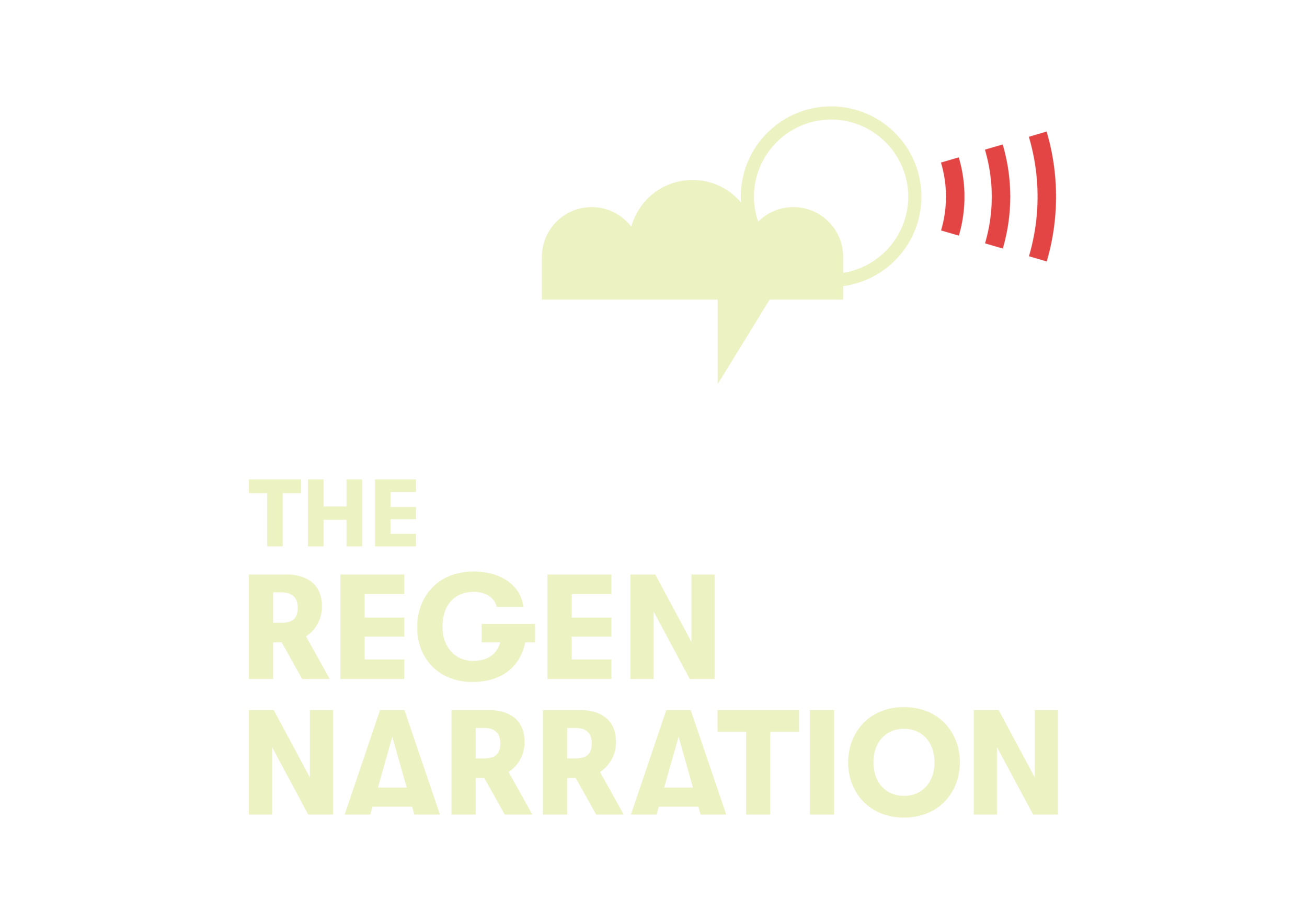187. The Regenerative Era Ignites
Tales from the 2023 Margaret River Conference
Hover over the embedded player above to enable various functions including:
Click on the info icon for show notes and links
Click on the icon next to it to share the episode, or follow the podcast on your favoured app
Click on the dot point lines for chapter markers (you can also find these in Apple Podcasts and some other apps)
And head here for a transcript of this and other conversations (the transcript is AI generated and imperfect, but hopefully serves to provide greater access to these conversations for those who need or like to read).
Click on the photos below to zoom in, and hover over them to see captions where added.
To see more from behind the scenes, become a member.
Blog post on this episode (AI generated, AJ touch ups)
As we move further into the 21st century, the way we think about farming and food production is undergoing a seismic shift. The Regenerative Agriculture Conference held in Margaret River in 2023 serves as a compelling testament to this change. This gathering was not merely a collection of talks but a confluence of visionaries who are actively redefining our relationship with the land. In this detailed blog post, we'll delve into the main topics discussed at this pivotal event, where agriculture pioneers shared their insights on regenerative practices that promise to shape the future of farming.
One of the most inspiring aspects of the conference was the focus on soil health. It's becoming increasingly clear that the health of our crops, our livestock, and ultimately ourselves is deeply intertwined with the vitality of the soil. Techniques such as no-till farming, cover cropping, and diversified crop rotations were highlighted as key methods to restore soil biodiversity and structure, leading to more resilient farming systems. This approach not only supports plant growth but also sequesters carbon, contributing to re-stabilisation of the climate.
The conference also showcased how regenerative agriculture goes beyond just the technical aspects of farming. It's an ethos that embraces the inter-connectedness of ecosystems and the communities that rely on them. This was evident in the discussions around integrating livestock with crop production, where animals play a crucial role in nutrient cycling, and in the emphasis on local food systems that bolster rural economies and provide communities with fresher, more nutritious produce.
One of the standout presentations at the event came from Rod O'Bree, who is taking the principles of Natural Sequence Farming to the next level. His work, along with that of the Haggerty family, and Dr Terry McCosker, and the ancient cultures of Heidi Mippy, exemplifies the power of regenerative practices in transforming large-scale operations. They've demonstrated that it's possible to achieve economic viability while enhancing the land's natural capital. These stories serve as powerful examples for farmers worldwide, proving that sustainable agriculture is not just idealistic but practical and profitable.
The conference also touched on the social dimensions of regenerative agriculture. The importance of fostering community around farming was a recurring theme, emphasizing that the transition to regenerative practices is as much about culture as it is about agriculture. This shift entails a reimagining of the farmer's role in society and a deepening of the connection between people and the food they eat.
In conclusion, the 2023 Margaret River Regenerative Agriculture Conference illuminated the dawn of what's being called the Regenerative Era. This new chapter in agriculture is not just about sustaining our current practices but actively enhancing our ecosystems. The discussions and narratives from the conference serve as a blueprint for a future where farming is regenerative by design—a future that is not only possible but is already beginning to unfold before our eyes.
The topics covered in this episode of the podcast are not just the concern of farmers and environmentalists; they are critical for anyone interested in the sustainability of our planet and the quality of our food. The pioneers of regenerative agriculture are leading the way, but it is up to all of us to support and amplify their efforts. As we continue to face the challenges of climate change, population growth, and resource depletion, the principles of regenerative agriculture offer a beacon of hope and a path forward that benefits the Earth and all its inhabitants.






